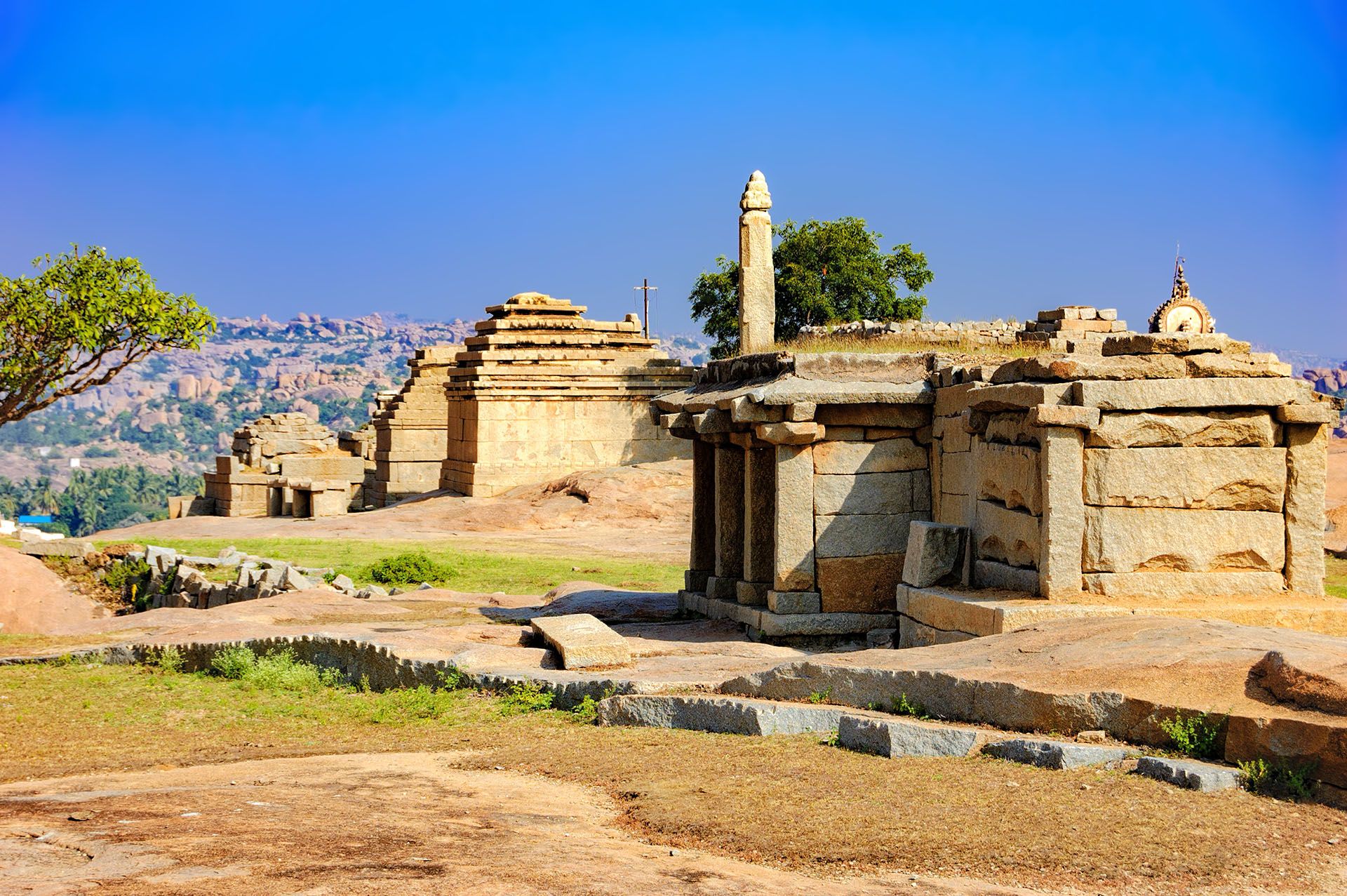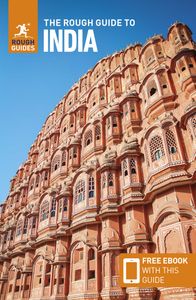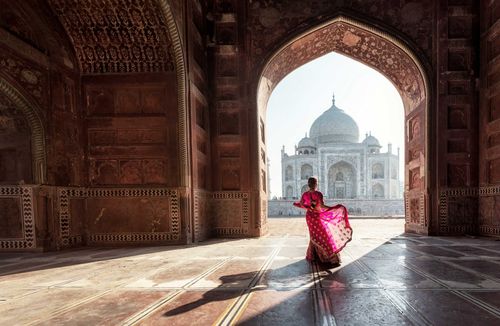India’s history is epic, going back to the first traces of human culture and punctuated by invasions, the birth of religions and the rise and fall of great civilisations.
There is evidence, from the earliest times, of great movements of peoples across South Asia, sometimes replacing existing populations, sometimes integrating with them. They came from West and Central Asia in massive sweeps through the lofty passes in the northwest, bringing with them the rudiments of the Hindu faith, later to be developed on Indian soil into a subtle and highly complex religion. Other religions, such as Buddhism, Islam, Christianity and Zoroastrianism, have developed and been absorbed into India’s proverbial sponge.
Of all the Europeans who came to trade in India, it was the British who ruled, making the Subcontinent the “jewel in the crown” of their empire. Successive campaigns finally led to Indian independence in 1947. Today, with a burgeoning economy competing on the world stage, India’s democracy is a triumph in a land of multiple ethnic, religious and secessionist interests.
Hampi's atmospheric ruins
It was among the huge boulder-strewn landscape of the Deccan plateau that a pair of brothers, Harihara and Bukka, escaped the clutches of the tyrannical Delhi Tuqhluq sultans sometime in the first half of the 14th century and carved out for themselves an independent kingdom, Hampi. Within 150 years, the rule of the dynasty they founded extended from coast to coast and to the tip of India.


_listing_1448379939234.jpeg)

















